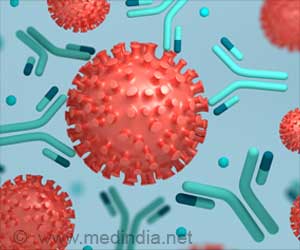
The microorganisms present in kombucha tea induce alterations in fat metabolism within the intestines of a model worm species, mirroring the effects observed during fasting. ()
Robert Dowen at the University of North Carolina at Chapel Hill and colleagues, present these findings in the journal PLOS Genetics.
Kombucha is a sweetened, fermented tea beverage that has surged in popularity recently, in part due to its supposed health benefits, such as lowering blood pressure, preventing cancer and protecting against metabolic disease and liver toxins. These benefits are believed to come from the drink’s probiotic microbes and their effects on metabolism, but the associated health claims have not been well studied in humans.
Microbes from Kombucha Tea Alter Worm Metabolism
Dowen’s team investigated how microbes from kombucha tea impact metabolism by feeding them to the model nematode worm C. elegans. The researchers found that the yeast and bacteria colonize the worms’ intestines and create metabolic changes similar to those that occur during fasting.
The microbes alter the expression of genes involved in fat metabolism, leading to more proteins that break down fats and fewer proteins that build a type of fat molecule called triglycerides. Together, these changes reduce fat stores in the worms.
It’s important to remember that more research is required to provide evidence that humans consuming kombucha experience similar effects as the C. elegans model studied here—but these findings appear consistent with the reported human health benefits of kombucha, note the authors, and could inform the use of the beverage in complementary healthcare approaches in the future.
The authors add: “We were surprised to find that animals consuming a diet consisting of the probiotic microbes found in Kombucha Tea displayed reduced fat accumulation, lower triglyceride levels, and smaller lipid droplets – an organelle that stores the cell’s lipids – when compared to other diets.
These findings suggest that the microbes in Kombucha Tea trigger a “fasting-like” state in the host even in the presence of sufficient nutrients.”
Advertisement
Reference:
- Kombucha Tea-associated microbes remodel host metabolic pathways to suppress lipid accumulation – (https://journals.plos.org/plosgenetics/article?id=10.1371/journal.pgen.1011003)
Source-Eurekalert



